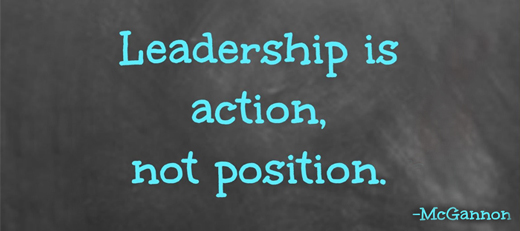
Want Massive Impact On Your Relationships?
Hearing vs. Listening
Hey there!
If you have kids to keep tabs on you’re probably much like I used to be:
The friend who’s always saying “Ooops, I’ll just be a sec” while taking out your phone in the middle of a conversation…
— nodding, eyes rolling, while the voice on the end of the line sniffles through another box of Kleenex —
… and then finishing with an exaggerated “Sorry, so sorry” as you place your phone on the table, face down to mark that you’re BACK.
Here, now. Present. Listening.
(Of course you don’t need to have a heartbroken daughter to be that friend. The same habits of distraction work perfectly with texts or anything you MUST get to on your phone right now.)
But, here’s the truth of that scenario: I wasn’t ‘listening’ to anybody.
Not the friend I’d met for tequila and gossip. Or the daughter who needed my attention.
And I have a feeling that this will resonate with you, because in our crazy frenetic world, listening falls short on our list of priorities—yet, it’s a HUGE piece with my clients.
Because how you choose to listen has a direct correlation with how you choose to show up in the world—and a massive impact on your relationships.
So, let’s start by unpacking the 3 main levels of listening, with a rolling example:
>> Subjective Listening
At this level, listening is based on the agenda or needs of the listener. Whatever is said is heard through the lens of the listener and/or how it relates to the listener. It rarely satisfies the person who’s speaking, because they’re unlikely to feel heard…
Speaker: ‘I’m really upset today. This project’s falling apart.’
Subjective response: ‘Yeah, I hate when that happens. My day isn’t going so well either…’
>> Objective Listening
In this level, the listener is completely focused on the person who’s speaking. There are NO thoughts about how any information relates personally to the listener. This level is very effective, but skirts over the issue…
Speaker: ‘I’m really upset today. This project’s falling apart.’
Objective response: ‘Hmmm. It certainly seems like you’re concerned that things aren’t going as they should be…’
>> Intuitive Listening
At this level, the listener hears all sensory components and intuitively connects to the speaker’s real message. The listener pays attention to not only what the speaker is saying, but also to their tone of voice, energy level, or feelings.
Speaker: ‘I’m really upset today. This project is falling apart.’
Intuitive response: ‘Oh no, what’s going on?? Sounds like you’re really invested in this project and your efforts aren’t being reflected so far. Is there more you can do?’
In life, you’ll listen at all three levels. You’re human! It’s inevitable.
But learning to truly listen to what others say is the difference between being a good communicator or a dynamic communicator.
And by becoming aware of your level of listening, you can take steps to move yourself to the deepest level…
In the third example above, the listener also paid attention to what was NOT being said. Intuitive listening is hearing ‘between the lines’ and tuning into what’s really being said. It’s the most powerful form of listening and allows the listener to really connect with the speaker.
Because, here’s the truth…
It can be a profound experience when someone ACTUALLY listens to what you’re saying.
So, I guess you’re wondering—how can you become a more intuitive listener?
Well, here are my top 5 quick tips to actively move up through those levels of listening:
1. Maintain eye contact. When you’re looking someone in the eye, you have no choice but to pay attention. (And there will be no question about whether you are!)
2. Listen with a beginner’s mindset. When we’re new to a situation we pay greater attention to the details, and are truly present in the moment. Conversely we take for granted the comfort level we have with people and situations we’re familiar with.
So next time your partner complains about their day, stop and listen to them with an open mind and heart.
3. Don’t interrupt the speaker. Save your questions and comments until a person finishes talking, and you’re able to absorb what they are saying.
4. Be attentive to non-verbal cues. Paying attention to what a person doesn’t say is as important as being attentive to their words. Look for non-verbal cues such as facial expressions and posture to get the full gist of what the person is conveying.
5. Rephrase what’s being said to you: (This one is a coach’s tip!) Once the person’s finished speaking, rephrase in your own words what you believe they’re sharing with you, to confirm you understand them correctly.
For example, you might say: “It sounds like you’re saying […] am I on target?” or “From what I’m hearing […] is that about right?”
Never underestimate the value in a deeper level of listening! Not only will the listener feel validated, but you’ll get SO much more from your relationships…
(Believe me, it’s in these moments where rapport is built, trust is established, conflict is resolved, and true success is created.)
So, next time you’re out for lunch with an old friend and your phone goes—ignore it. Instead, look them in the eye, make them feel heard…
… And tell your daughter you’ll call her back, when you have the space to actually listen, and give her words the attention they truly deserve.
XO
Holly
P.S. Did you know the average person’s rate of listening is 400-550 words per minute, while our speech runs at 110-160? Crazy, huh? Any of us can get distracted or lose focus… But, if you know someone whose mind wanders more than most, forward them this post. 😉
